Former president Pranab Mukherjee on Saturday said that meeting yoga guru Baba Ramdev in June 2011 at the Delhi airport to dissuade him from launching a fast was a “misjudgement” on his part and he “should not have done it”, according to The Indian Express report.
Mukherjee, while speaking at Express Adda, said that during 2011 anti-corruption agitation, the UPA government wanted to nip Ramdev’s protest in the bud as it was already facing “embarrassment’’ due to Anna Hazare’s agitation, added the report.
“I think myself and Kapil Sibal went there (to meet Ramdev)… senior cabinet ministers went. The meeting was not that… it was simply political reasons. I thought that we are already having an agitation from Anna Hazare. That agitation is causing some problem and embarrassment to the government…. If it (Ramdev’s fast) could be nipped in the bud,” Mukherjee was quoted as saying by The Indian Express.
On 13 October, Mukherjee had released the third volume of his autobiography titled The Coalition Years-1996-2012. The first two volumes of his autobiography dealt with the Indira Gandhi era and the turbulent decade post-Indira.
Here is how Mukherjee, in his latest book, has recalled some of the most discussed and controversial happenings from Indian political history:
‘Unfulfilled political ambitions fueled Pawar to revolt against Congress’
Mukherjee, according to a report in The Times of India , in his book says that unfulfilled political ambitions of heading the Congress party may have prompted Sharad Pawar to revolt and rake up Sonia Gandhi’s Italian roots.
“In my opinion, Pawar, as the leader of opposition in the Lok Sabha, expected the party to request him, instead of Sonia Gandhi, to stake claim to form the government. After Sonia’s elevation as Congress president, she consulted P Shiv Shankar on all important issues rather than Pawar. This sense of alienation and disenchantment may have been responsible for his statements on Sonia’s foreign origin, and his subsequent exit from the party in 1999,” The Times of India report quoted Mukherjee as saying in his book.
On 2002 Gujarat riots
Mukherjee has said that the 2002 riots in Gujarat was “possibly the biggest blot” on the government of Atal Bihari Vajpayee and that could have cost BJP the 2004 Lok Sabha elections. He also feels the ruling NDA’s “India Shining” campaign spawned the opposite outcome and the Vajpayee government was routed in an election against most predictions that anticipated a majority for the BJP-led coalition.
“Throughout this period (of the Vajpayee government) the demand for the construction of the Ram Temple in Ayodhya had been building up. The heightened communal tension had a distressing fallout in Gujarat which witnessed a communal carnage in 2002,” says Mukherjee.
‘Vajpayee was a consummate parliamentarian’
Mukherjee says that Vajpayee was a consummate parliamentarian with an excellent command over the language. He adds that Vajpayee was a great orator who instantly connected with people and brought them together.
“Vajpayee’s signature in politics was achieving consensus, and in this process, he earned the respect of his party, allies, and opponents at home. Abroad, he projected a harmonious image of India and connected it to the world through his foreign policy outreach,” says Mukherjee in his book. Vajpayee did not take political rivalries personally, says Mukherjee.
‘Sitaram Kesri’s ambition to become PM led to Gujral government’s failure’
The Congress under the late Sitaram Kesri pulled down IK Gujral’s United Front government in 1997 for his refusal to drop DMK from his cabinet because of Kesri’s personal ambition to become prime minister, claims Mukherjee.
“So why did the Congress withdraw support? What did Kesri mean by his often-repeated comment Mere paas waqt nahi hai (I have no time)? Many Congress leaders interpreted it as his ambition to become prime minister.
“He tried to exploit the over-arching anti-BJP sentiment while simultaneously undermining the United Front government with the aim of thrusting himself as the head of a non-BJP government,” says Mukherjee.
On coalition governments
Mukherjee argues against sewing up alliances just for the sake of forming a government, insisting such attempts would only dilute the identity of Congress party. Mukherjee has advocated the go-alone strategy saying that it’s the only way Congress can keep its identity intact.
Explaining his anti-coalition stand, Mukherjee, who was the longest-serving member of the Congress Working Committee, says he thought the party should not forsake its identity for the sake of forming a government.
With inputs from agencies


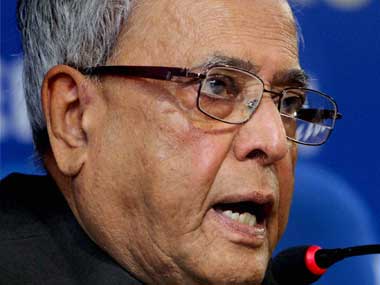)




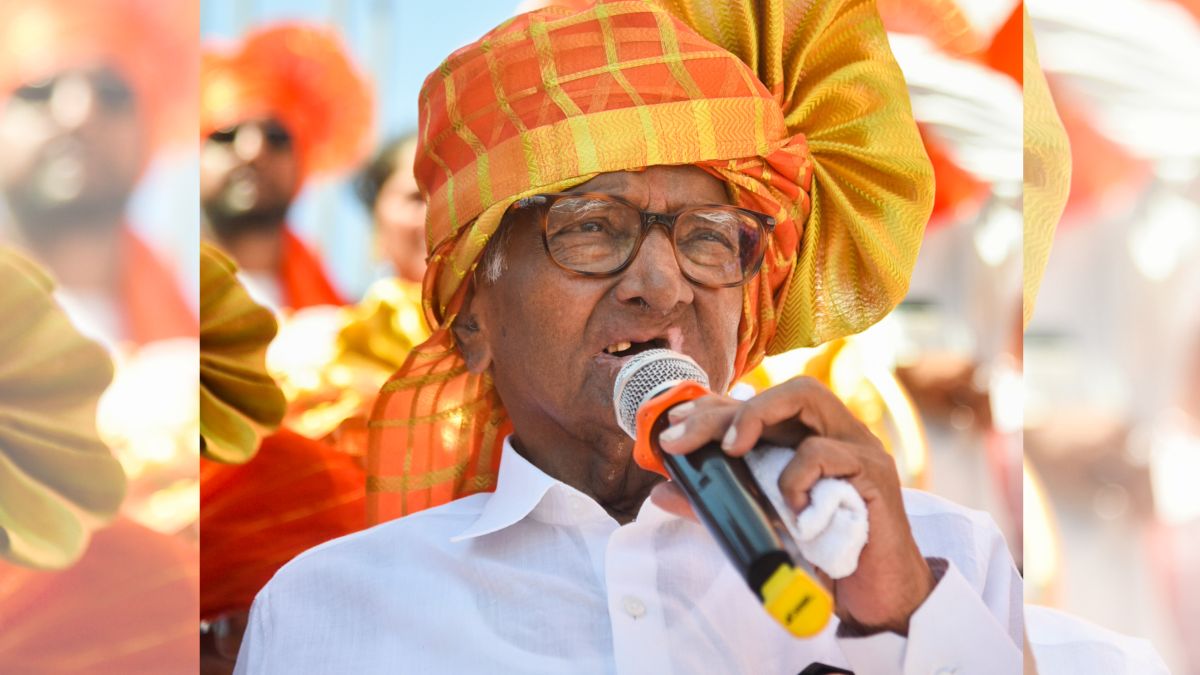)
)
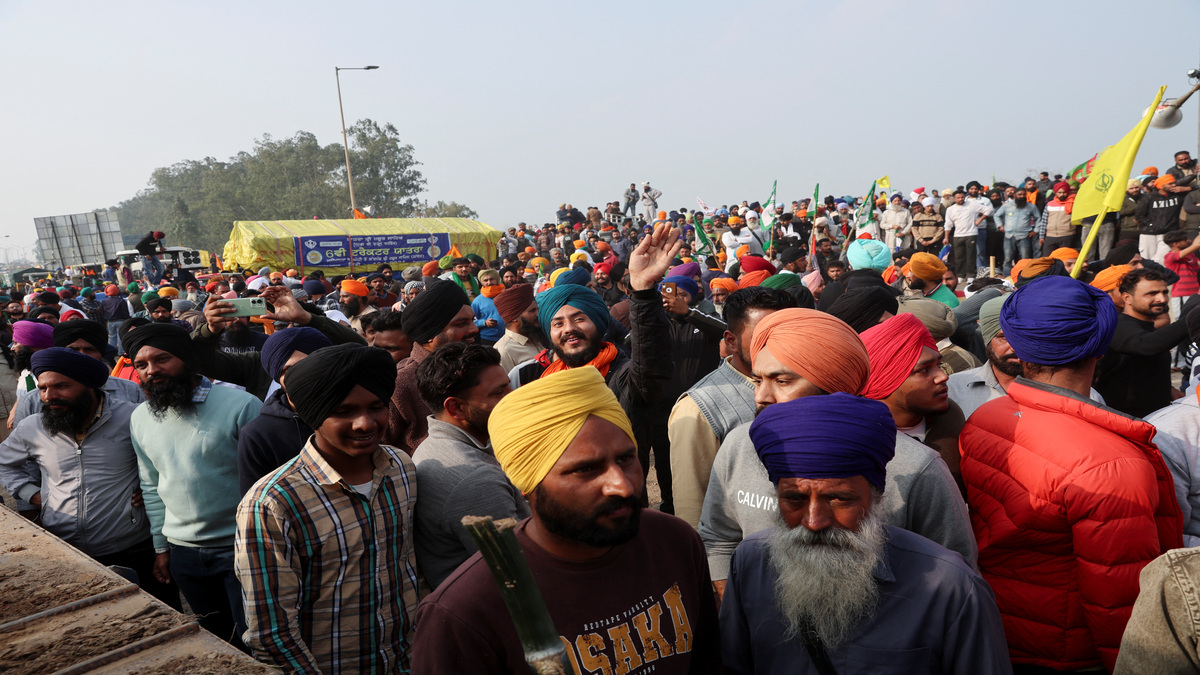)
)
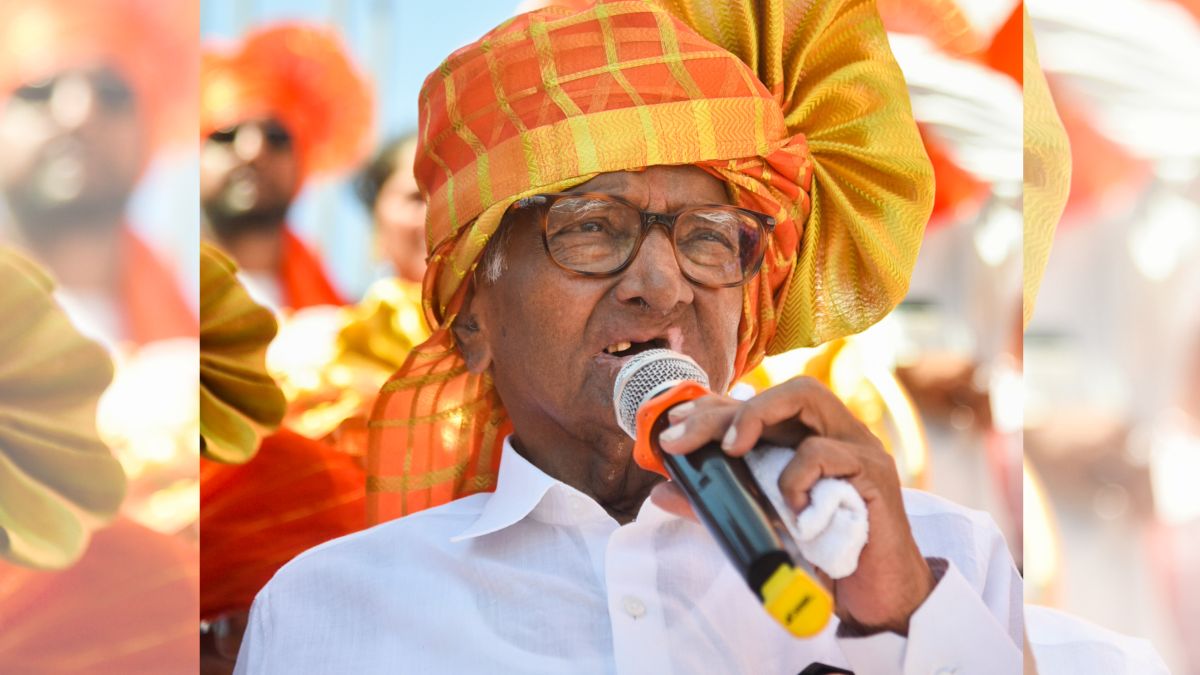)
)
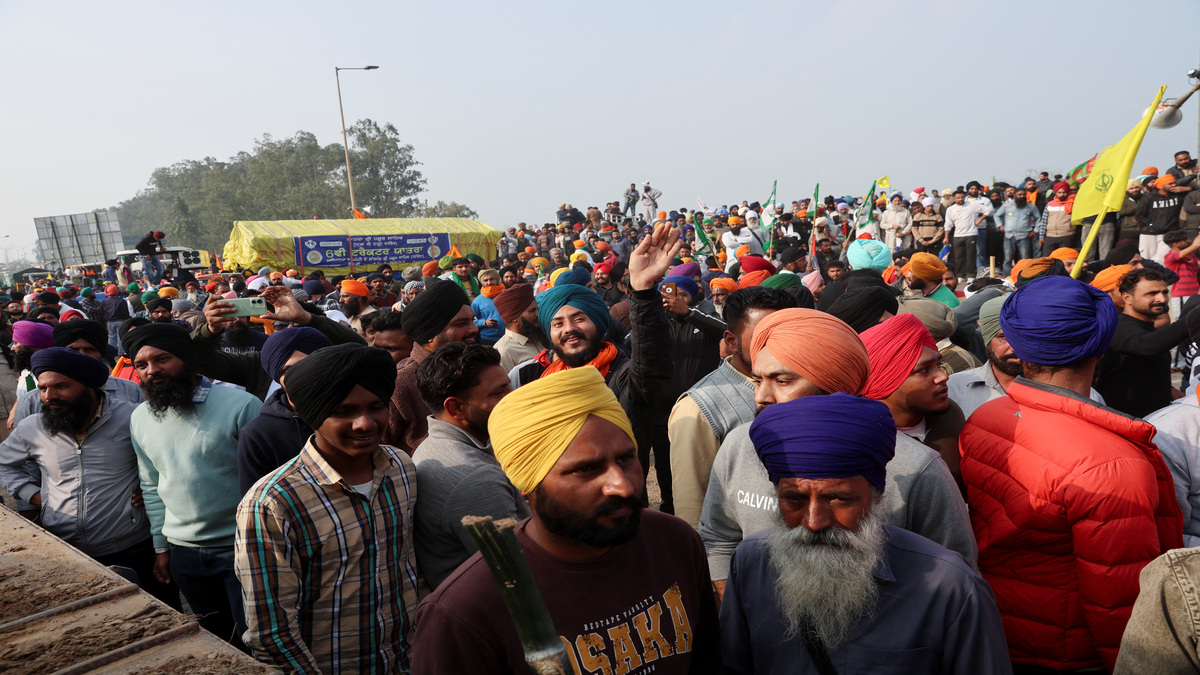)
)